#your lie in April
Text
#rin okumura#discord#jill valentine#shameless us#anakin skywalker#Naomi Russell#dark memes#foxes#fairies#bts scenarios#marshall lee#desire#les mis#your lie in april
127 notes
·
View notes
Text
#julianne hough#ugly#les mis#mythology#avocado#your lie in april#the locked tomb#babycore#entrapta#broad city#germany#plants#italian#dark acamedia
132 notes
·
View notes
Text
The Most Powerful Hack to Make Your Readers Cry
You’ve seen it all: show, don’t tell, plant a visceral image in the reader’s brain of the environment/character, write a complex character arc with lots of growth and setbacks, establish deep relationships, high stakes, etc.
All the advice for making readers cry I’ve seen so far is basically that list. But, while those things are absolutely important, I find that the thing that always does the trick, whether as a tipping point or in and of itself, is this:
THE CALLBACK!
Before we move on, this is an ANALYSIS heavy post, so all the book + show examples contain spoilers!!
So, what do I mean by a “callback?” Think of Chekhov’s gun, but, here, you use the gun to pierce your reader’s heart. As a refresher for anyone who needs it, Chekhov’s gun is just a rule in writing that anything you introduce in the book should play some role in the plot.
Specifically, the name comes from the example that if a reader introduces a gun in the first act, it MUST go off later, (maybe, say, in the third act). For example, in the TV show Breaking Bad, the protagonist Walter White prepares a vial of poison (ricin) that he wanted to use to eliminate an opponent early on in the series. After the assassination attempt falls through, the ricin makes an appearance again in the very last episode of the show, when Walt finally uses it to kill another opponent.
Got that? Alright, onto the examples of successful, tearjerking callbacks:
1. The Last Olympian (Rick Riordan); “Family, Luke, you promised.”
Context: The character Annabeth says this line. Years ago, Annabeth had run away from home, and Luke had effectively adopted her into a found family with another kid named Thalia. Common reason for leaving home = parental trauma! Yay! He promised Annabeth that they would be each other’s “family” from now on.
Now: Kronos, the antagonist titan, has possessed the demigod Luke and uses his body to strike Annabeth, injuring her. She’s also holding a dagger that Luke had given her when she joined his “family.”
Significance: her words + the dagger are a mental + physical reminder to Luke of his promise. They force him to recognize the sheer degree of his current betrayal by bringing him back to a different time. The fact that their found family only happened because of parental trauma bringing them together makes it worse—Luke felt abandoned by his Olympian father, Hermes. Now, he realizes that he basically did the equivalent to Annabeth by joining the titans.
2. Les Miserables (Victor Hugo); Jean Valjean’s death
Context: At the beginning of the book, the bishop had caught Valjean trying to steal candlesticks to sell. Instead of handing him over to the police, the bishop told the police that he had given them to Valjean, saving him from arrest and showing him mercy. This changed his life forever, kickstarting his character redemption arc.
Now: Jean Valjean dies surrounded by his loved ones, remembered as a benevolent man who bettered thousands of lives. He’s surrounded by light from candlesticks that once belonged to a bishop.
Context: Valjean had once taken in an impoverished woman named Fantine, showing her mercy and promising to take care of her daughter, Cosette, after Fantine died. Valjean then rescued Cosette from abusive quasi-foster parents (it’s a long story), raising her as his own daughter. This furthered his arc by allowing him to finally understand how unconditionally loving someone feels.
Now: Valjean describes Fantine to Cosette, who never knew her mother.
Significance: Both examples throw readers back to much earlier points in the story before the completion of Valjean’s character arc. In a way, this final scene feels like an external manifestation of his kindness paying off; both he and the reader feels a sense of accomplishment, relief, and just a general “OMG WE MADE IT.” Readers don’t feel cheated, because they were with Valjean every step of his 1,400 page arc. The weight of it all just crashes down on you...
3. Your Lie in April (anime); Kaori’s letter after she dies
Context: Kaori’s entire plot significance is that she helps Kousei, a piano prodigy who can’t play piano anymore due to traumatic parental memories associated with it, play again—but also, just to help him enjoy life again after a turbulent upbringing. She meets him a year before she dies of a medical condition, and her free spirit + confidence influences him to find beauty in life and music again. They basically do a crap ton of crazy funny stuff together lol
Now: Kaori has died, and she leaves a letter to him. Among other general confessions and thoughts, she references things they did and memories they shared: she says, “sorry we couldn’t eat all those canelés,” reminisces about jumping with him off a small bridge into the stream below, “racing each other alongside the train,” singing Twinkle Twinkle Little Star as they rode the bike together, etc.
Significance: Yes, the nature of the letter is just sad because she’s revealing that she loved him all along, apologizing for not being able to spend more time with him, lying that she didn’t like him (to spare his feelings b/c she knew she would die soon), etc. BUT, these small details highlight exactly how many experiences they shared, and the depth of their relationship. Thus, they emphasize the significance of her death and the emptiness it leaves behind.
4. Arcane (show); “I thought, maybe you could love me like you used to, even though I’m different.”
Context: Character Jinx says this in the last episode to her now estranged older sister, Vi. Without going into the crazy complex plot, basically, orphans Vi and Jinx used to care for each other before a bunch of crap went down that got them separated. They then grew up on opposite political sides; Jinx grows up on the side of the underbelly city rebellion, and Vi grows up working on the side of the richer city that essentially oppresses the undercity. Thus begins the development of their opposing viewpoints and work environments, to the point where they always meet on opposite sides of a political battle, never able to come together as a family or understand each other again.
Now: After a super dramatic confrontation, Jinx reveals that although she wants Vi to love her like she did before their separation, she knows it’s not possible because “[Vi] changed too.” She finishes with, “so, here’s to the new us” before blowing up a political council meeting a few blocks down filled with people Vi sides with. Oops! This cleanly seals the fate of their relationship as something basically irreparable.
Significance: This callback isn’t through literal flashbacks or items like in the previous examples. Jinx’ lines are enough to bring back images of their childhood to the audience’s mind. Now, the audience subconsciously places this image of: 1) two sisters so different, hurt, and torn apart, right next to 2) the image of two sisters as innocent children who loved each other and would care for each other no matter what.
Why do callbacks work so well?
If you’ve noticed something in common with all of them, you’re right: they remind audience of a time BEFORE the characters have come so far on their arcs, developed, and put on so much more emotional baggage.
Callbacks force the audience to SUDDENLY and IMMEDIATELY feel the weight of everything that’s happened. The character’s anguish and overwhelming emotions become the audience’s in this moment. Callbacks are a vehicle for the juxtaposition of worlds, before and after significant development.
This works because we, as mortals, fear IMPERMANENCE the most. We fear LOSS. For us, time gone is time we will never get back; callbacks make us face that exact fact through a fictional character. A lost moment, time period, or even part of oneself may hurt as much as losing a loved one, and nothing makes humans grieve more than the realization of a loss. A callback slaps the audience in the face with the fact that something was lost; loss hurts so much because almost 99% of the time, what’s gone is gone forever.
Of course, a good callback requires good previous character development, stakes, imagery, and all that jazz, but I thought I’d highlight this specifically because of how under covered it is.
∘₊✧────── ☾☼☽ ──────✧₊∘
instagram: @ grace_should_write
I’ve been binging general media lately: I finished Death Note, Your Lie in April, and Tokyo Ghoul all within like a month (FIRST ANIMES I”VE EVER WATCHED!!), reread lots of Les Miserables, analyzed a bunch of past shows like Breaking Bad, watched a bunch of My Little Pony, worked to fix up my old writing... and that’s not even all! The amount of times I’ve CRIED while enjoying the above media and so much more honestly just inspired this post.
Like, no joke, my eyes were almost always swollen during this period whenever I hung out with my friends and it was so embarrassing help
Personally, I just find that this method works super well for me, and I watched a bunch of reaction videos to these above scenes (and read book reviews on the book scenes I mentioned), and it seemed that just about everyone cried during these parts. That’s when I realizes that the callback might also just be a universal thing.
Anyway, this post is long and dense enough as is. SORRY! As always, hope this was helpful, and let me know if you have any questions by commenting, re-blogging, or DMing me on IG. Any and all engagement is appreciated <3333
Happy writing, and have a great day,
- grace <3
#writers on tumblr#writing tips#writing#booktok#writer#writeblr#novel#writerslife#writergram#wattpad#media analysis#wip#ya fantasy#plot holes#characters#writing ideas#writing a book#anime#your lie in april#percy jackson#arcane
671 notes
·
View notes
Photo
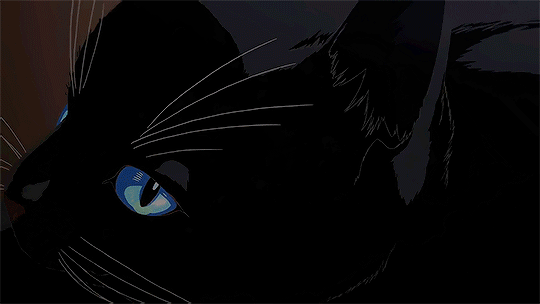

#anisource#allanimanga#animeedit#fyeahanimegifs#dailyanime#fyanimegifs#oldanimeedit#your lie in april#useraki#tusersky#userdabiluna#usernikiforova#tuserelena
1K notes
·
View notes
Text
✨Yamazaki Kento✨ y'all
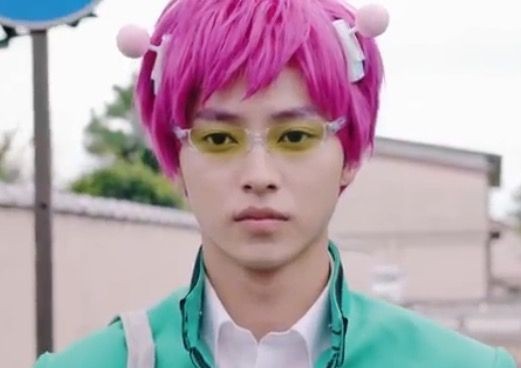





Bro's choice in live action is truly random...
#kento yamazaki#the disastrous life of saiki k.#saiki kusuo#saiki k#arisu ryohei#alice in borderland#hirotaka nifuji#wotakoi#love is hard for otaku#jojo's bizarre adventure#josuke higashitaka#death note#l#l lawliet#your lie in april#kosei arima
567 notes
·
View notes
Text


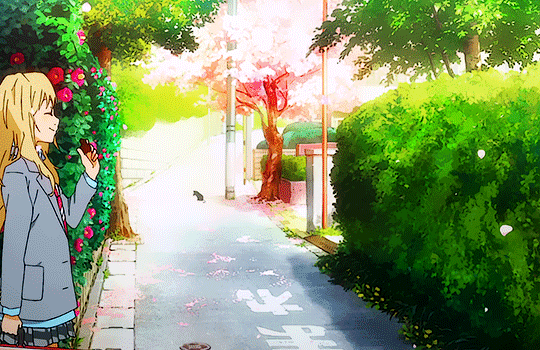
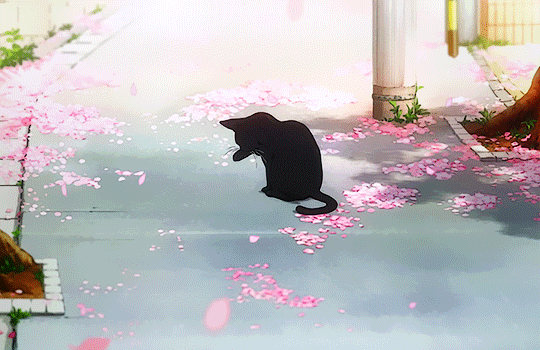
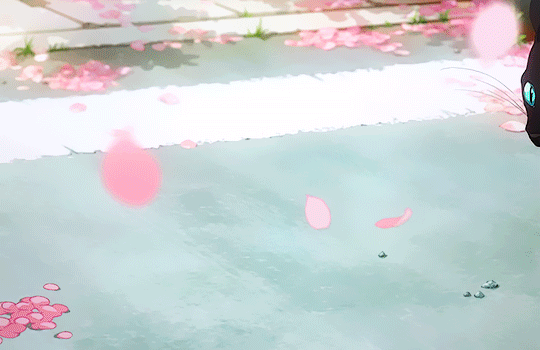
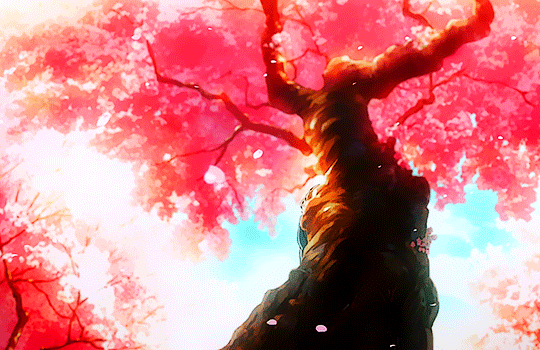
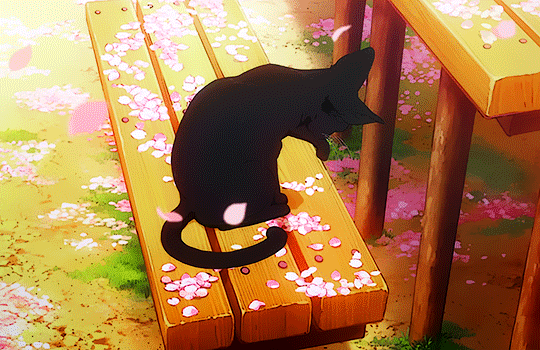
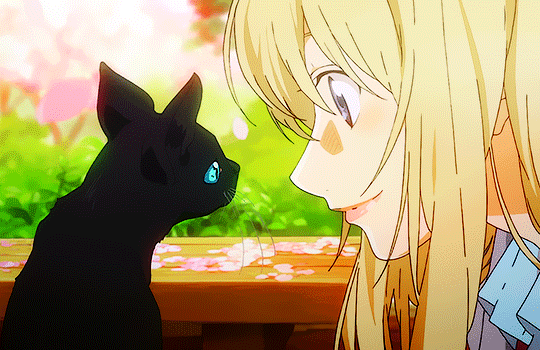

#your lie in april#shigatsu wa kimi no uso#swknuedit#anime gif#dailyanime#allanimanga#animangaladies#anisource#kaori miyazono#not me giffin the same scene everyone else did 10 years ago#now i UNDERSTAND!!#it was very pretty
126 notes
·
View notes
Text



























dedicado a @splendarte.
⠀⠀♥︎ ≀ your lie in april icons & headers !!
#chaos!squad#your lie in april#shigatsu wa kimi no uso#icons#spirit icons#120x120#icons spirit#layouts#packs#anime#match#matching icons#headers#blue#black#white#manga#orange#red
160 notes
·
View notes
Text

★ 【结夏祈】 「 thank you 」 ☆
✔ republished w/permission
⊳ ⊳ follow me on twitter
111 notes
·
View notes
Text
Ultimate Anime Tournament: Round 1, Matchup 12
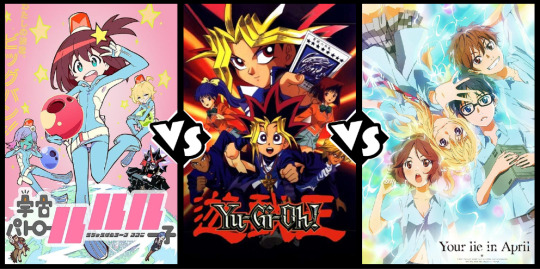
270 notes
·
View notes
Photo


#arima kousei#your lie in april#shigatsu wa kimi no uso#anime#swknuedit#anisource#dailyanime#fyanimegifs#dailyanimatedgifs#my gif
1K notes
·
View notes
Photo

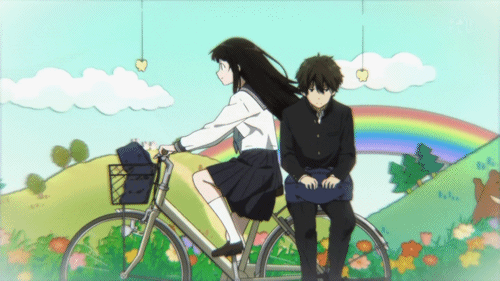
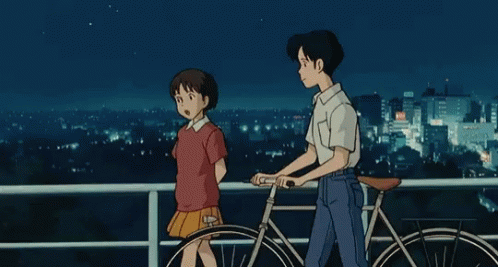


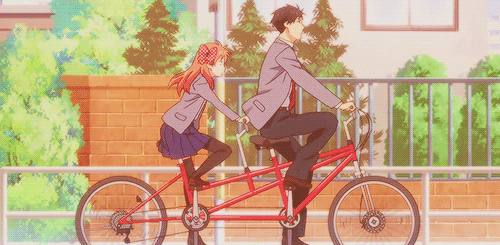

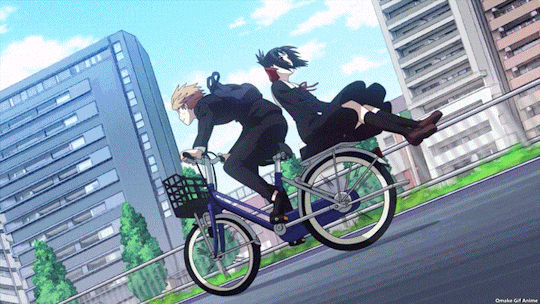
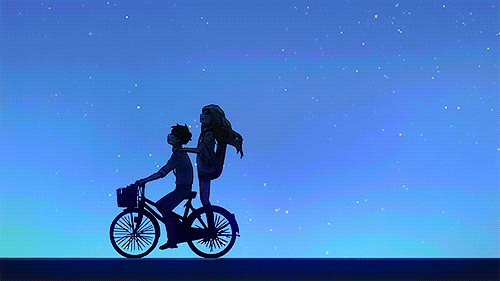
Bicycle dates ❤️🚴
#anime#kiki's delivery service#hyouka#whisper of the heart#love chunibyo & other delusions#from up on poppy hill#monthly girls' nozaki kun#inuyasha#kaguya sama love is war#your lie in april
489 notes
·
View notes
Note
Radioapple "Your Lie in April" AU. Anyone who knows the anime knows what they have to do.
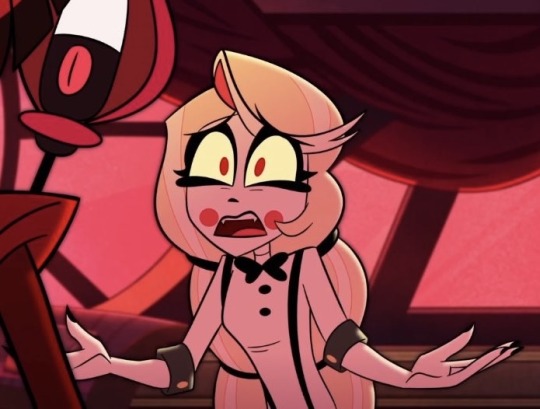
#hazbin hotel#nunalastor asks#your lie in april#alastor#lucifer morningstar#radioapple#appleradio#radio apple#apple radio#au
63 notes
·
View notes
Text
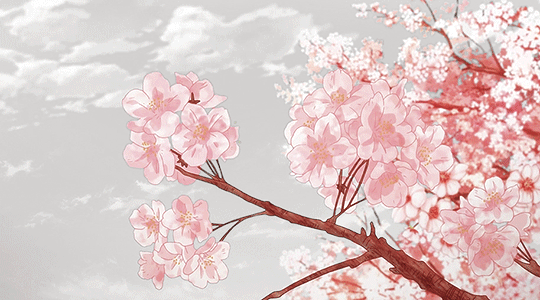


#allanimanga#dailyanimanga#fyanimegifs#fyeahanimegifs#animeedit#dailyanime#anisource#dailyanimation#animationedit#animationsource#animationsdaily#your lie in april#shigatsu wa kimi no uso
301 notes
·
View notes
Text
#thor love and thunder#hairygay#muppets#ugly#your lie in april#broad city#dark acamedia#taylors version#somno breeding#bridgerton#love simon
124 notes
·
View notes
Text
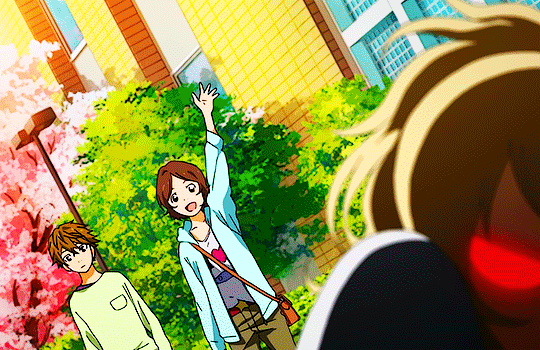
#your lie in april#shigatsu wa kimi no uso#swknuedit#shoujoedit#anisource#allanimanga#dailyanime#animangahive#kousei arima#kaori miyazono#tsubaki sawabe#ryota watari#a girl is a girl is a girl is a girl.#just girly stuff
90 notes
·
View notes
Text
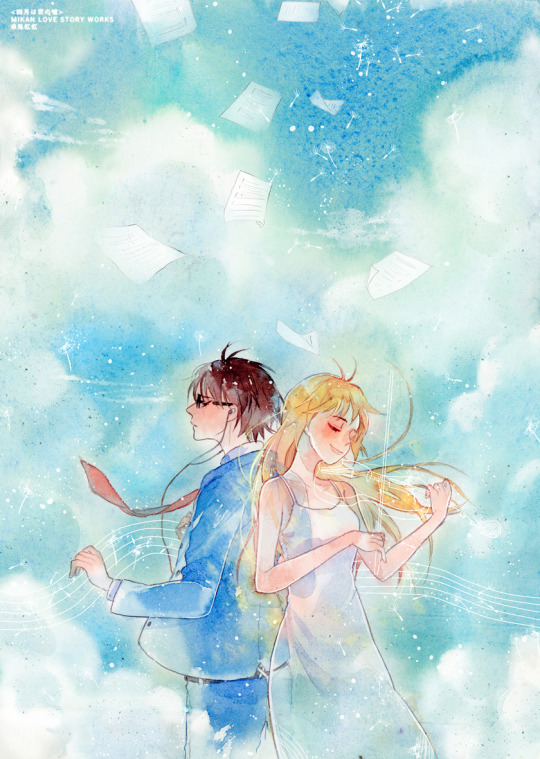
★ 【鬽】「 四月は君の嘘 」 ☆
✔ republished w/permission
⊳ ⊳ follow me! insta • x • bsky
118 notes
·
View notes